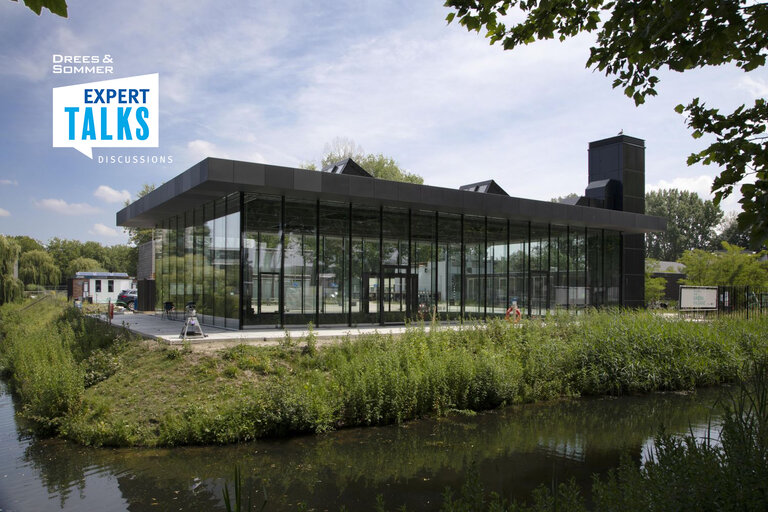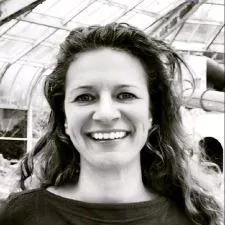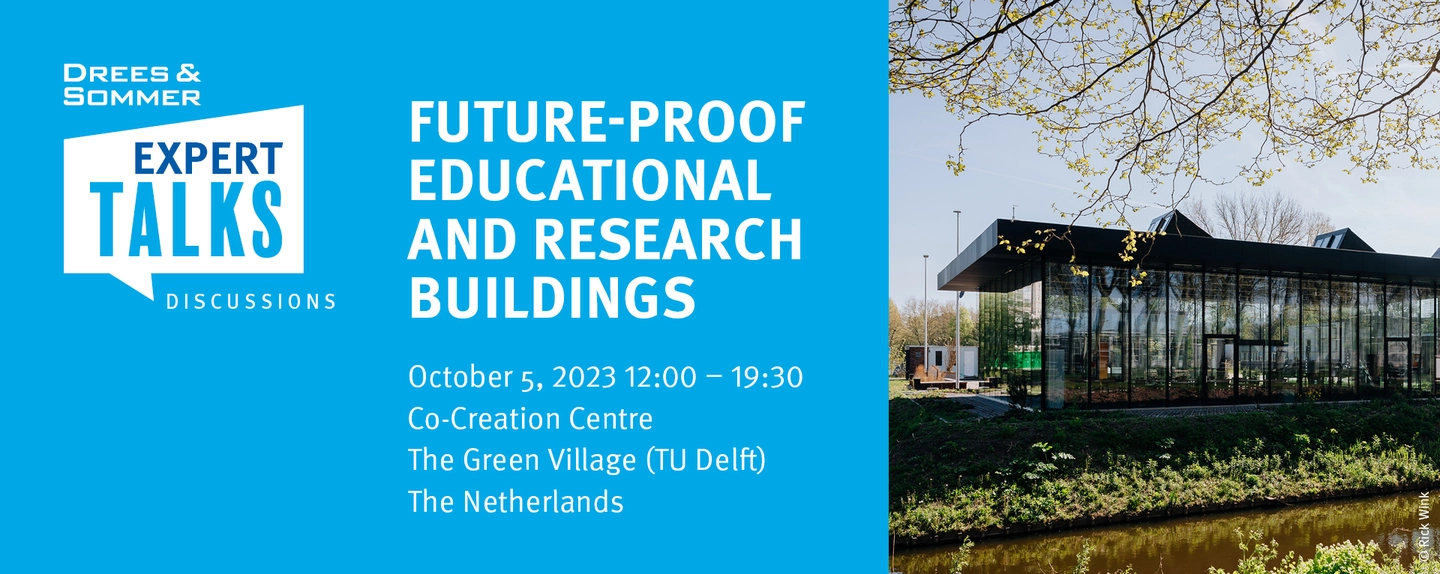In modern society, real estate plays a vital role in reducing carbon emissions. School buildings have an important role to play here as by 2050, they have to reduce CO2 emissions by as much as 95 per cent compared to 1990.
Universities and colleges are generally ahead of the game when it comes to energy measures compared to primary and secondary schools because they handle their own budgets and investments. Nevertheless, lead times for construction projects are proving too long to speed up the required transition. In some cases, it can take up to seven years for a new building to become operational. That is why we need to make existing educational buildings more environmentally sustainable and build sustainable new buildings.
Today’s educational environments have become highly dynamic, with a growing need for space, classrooms and equipment, which existing buildings often cannot provide. Sustainability is becoming an increasingly important factor in the development and construction of educational and research buildings, whether from an ecological, economic or socio-cultural point of view. To meet these challenges, efficiency strategies to optimize the use of space can be applied. In addition, circular construction and life-cycle considerations may help reduce the use of natural resources. Efforts to reduce CO2 emissions and to use space and resources more efficiently have become major challenges for the education field. Embracing sustainable construction and design concepts is essential to achieve both ecological, economic and socio-cultural goals.
“Future-proof Educational and Research Buildings”, an international expert talk that will take place in Delft on Thursday afternoon, 5 October, will highlight the various perspectives and concerns behind the design and construction of new real estate and making existing real estate more sustainable. The event will take place at The Green Village’s inspiring Co-Creation Centre on the campus grounds of TU Delft. The event will be held in English.













